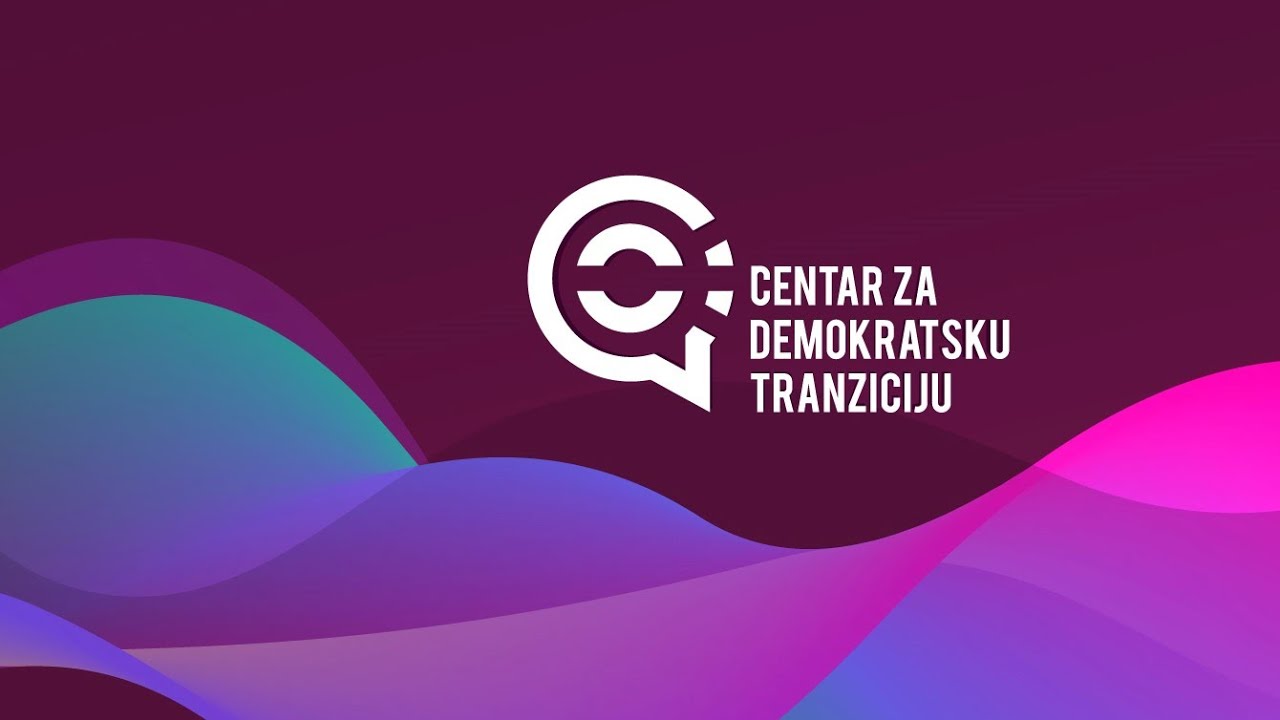Montenegro is facing the third wave of historical revisionism. After the first one in the 1990s and the
second in the early 2000s, a new season has emerged – this time dominated by efforts to portray
the war criminal Pavle Djurisic as an anti-fascist, denying his crimes and collaboration with fascist
forces. The campaign is once again spearheaded by the Serbian Orthodox Church (SOC) and
actively sustained by political figures and media outlets aligned with it.
During the 1990s, before and during the wars in the former Yugoslavia, historical revisionism began
to take hold across the region, primarily focused on events from the Second World War and the
socialist era of the SFRY. The second wave in Montenegro followed in 2003, when an attempt was
made to erect a monument to Djurisic – ironically, on July 13, Montenegro’s Statehood Day. That
initiative was halted when the authorities banned the monument and ordered the demolition of its
plinth. Even at that time, the Serbian Orthodox Church was deeply involved in the process.
The current revisionist campaign goes beyond presenting Djurisic merely as a hero, as it depicts
him simultaneously as an innocent victim. Politicians and certain news portals have framed every
reaction by the state, civil society, or individuals as an attack on the Church or on Serbs themselves.
Through mockery about the “attack on the monument” or the “dead Djurisic,” they trivialize both
the glorification of the Chetnik movement and the broader attempt to rewrite history.
Full report is available here.
Center for Democratic Transition (CDT)
This text was created with the support of the regional project SMART Balkan – Civil Society for a Connected Western Balkans, implemented by the Center for Civil Society Promotion (CPCD), the Center for Research and Policy Making (CRPM), and the Institute for Democracy and Mediation (IDM), and financially supported by the Ministry of Foreign Affairs of the Kingdom of Norway.
The content of the text is the sole responsibility of the author and does not necessarily reflect the views of the Center for Civil Society Promotion, the Center for Research and Policy Making (CRPM), the Institute for Democracy and Mediation, or the Ministry of Foreign Affairs of the Kingdom of Norway.



